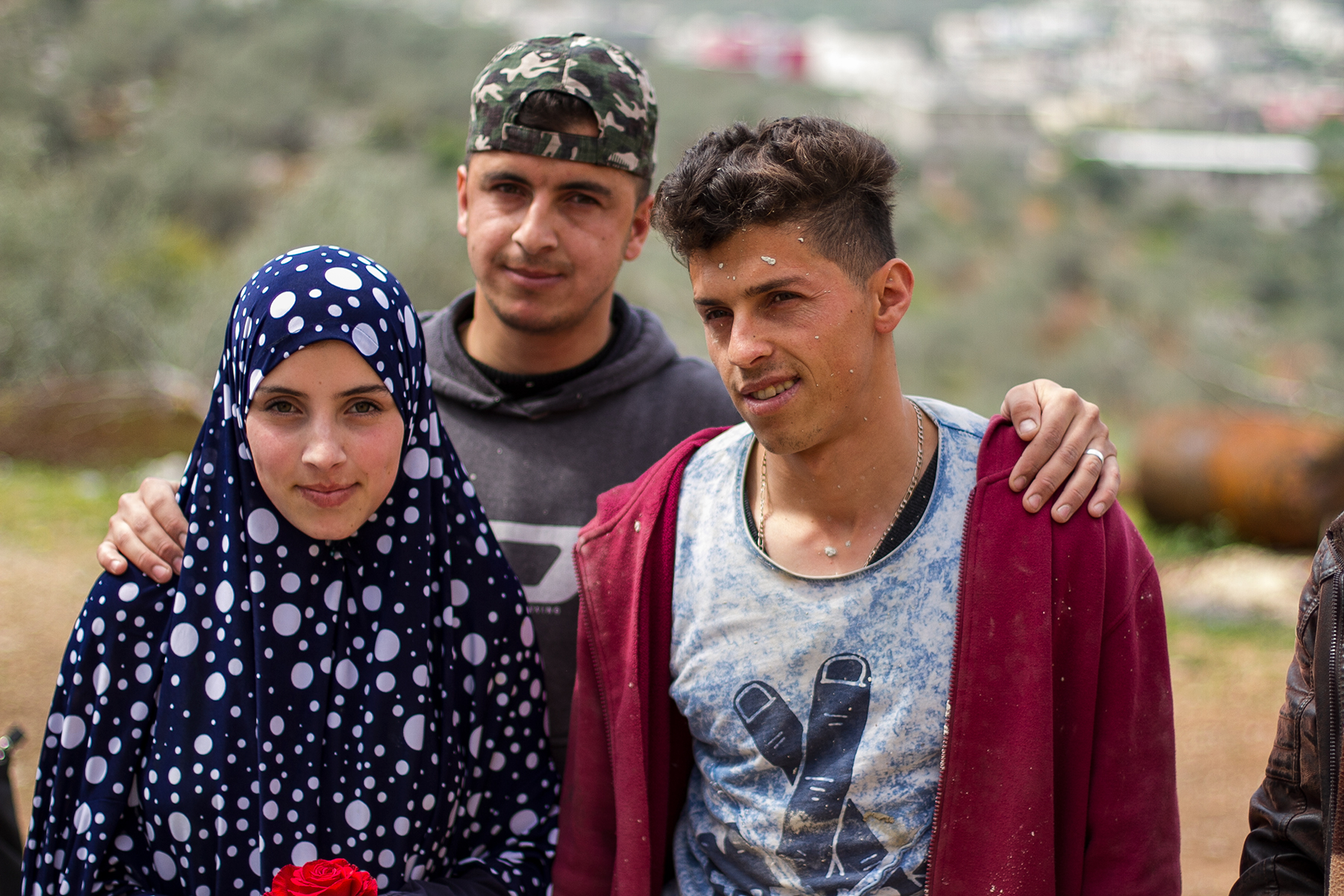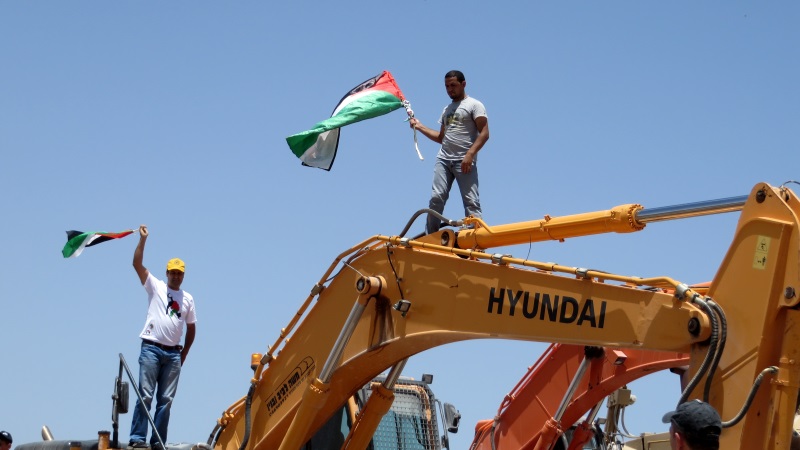Tag: Kafr ad-Dik
-
Political Prisoners absent during Palestinian Mother’s Day
23rd March 2017 | International Solidarity Movement, Ramallah Team | Kafr ad-Dik, Occupied Palestine On 21st of March, Palestine celebrated their Mother’s Day. A group of Palestinian and international activists visited the village of Kafr ad Dik in the Salfit municipality. The activists delivered roses to the mothers and relatives of political prisoners and sat…
-
VIDEO: Violating the land they do not own: Kufr ad-Dik resists
25th May 2014 | International Women’s Peace Service | Kufr ad-Dik, Occupied Palestine It was so different this time around. It had gotten much worse. There was not one occupation bulldozer but four; the whole hilltop to the East of the Palestinian village of Kufr ad-Dik (Salfit governorate) had been flattened, huge rocks stacked to the side to make…
-
A new illegal settlement is under construction
26th May 2014 |International Solidarity Movement, Nablus team | Kafr ad Dik, Occupied Palestine Early yesterday morning, at approximately 05:00, two drilling machines were at work in Daher Sobeh, at the top of a mountain in the eastern part of Kafr ad Dik, an area where there are many water springs. Together with the machines, there were…



